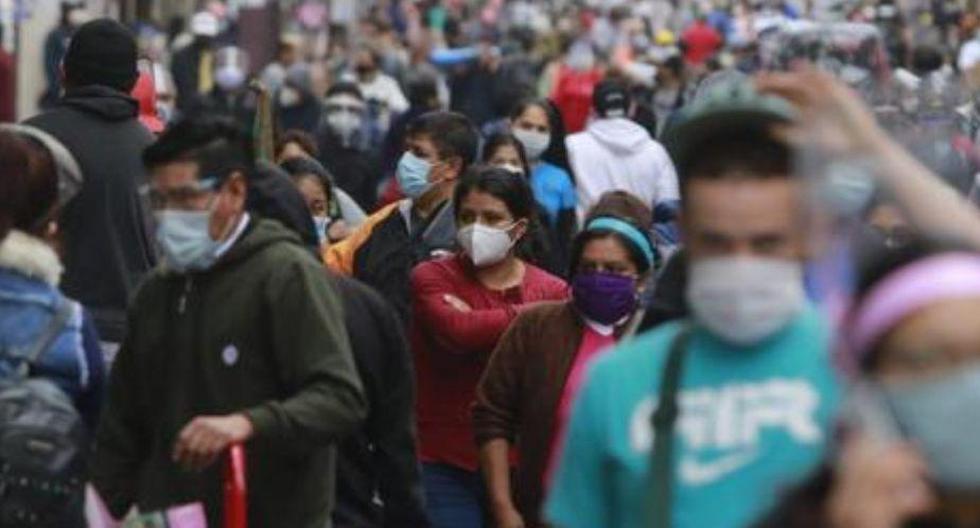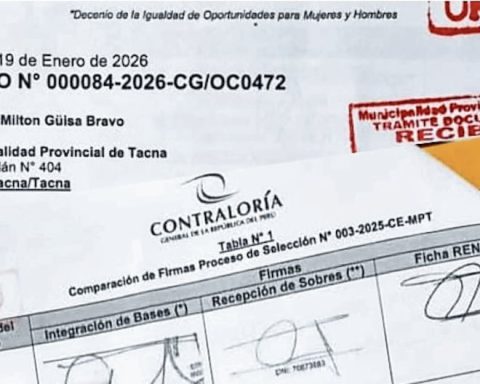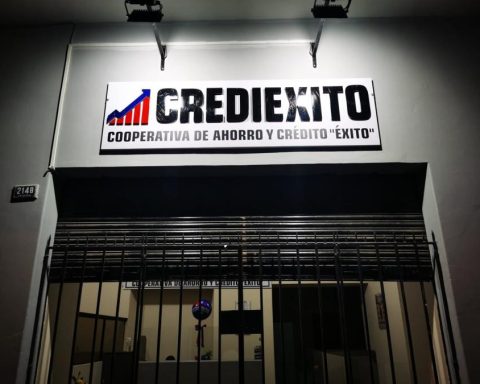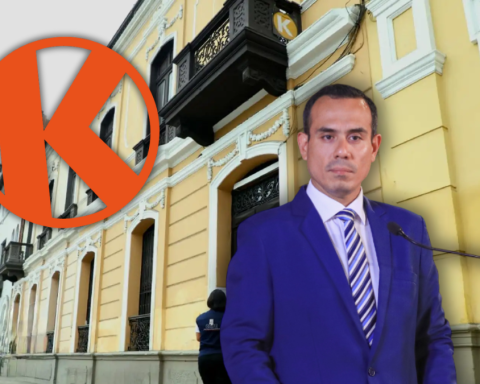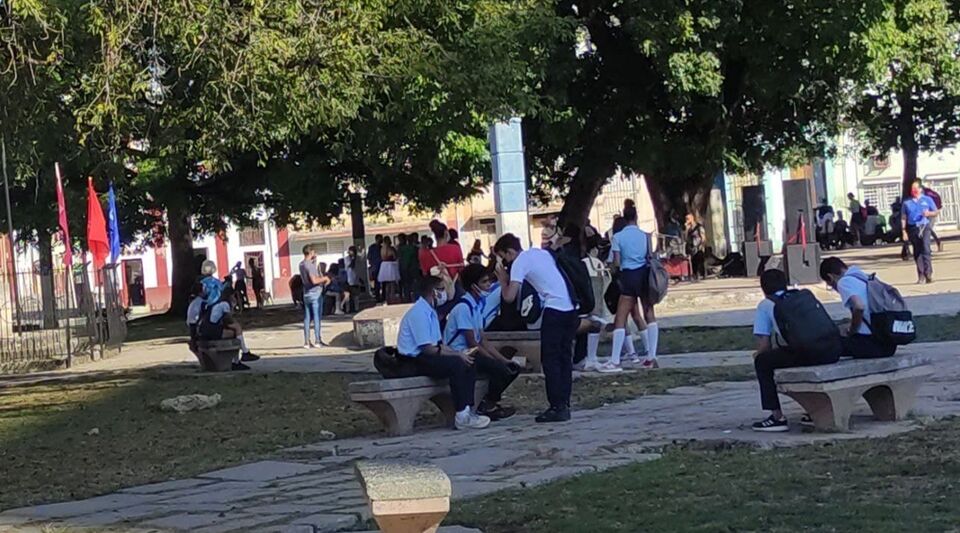The recorded number of positive cases of COVID-19 in Peru it increased from 2,248,447 to 2,249,671 this Thursday, December 9. In this way, in the last 24 hours, 1,224 new cases were reported, according to the information published on the social networks of the Ministry of Health (Minsa). Likewise, this entity indicated that the number of deaths increased by 10, reaching a total of 201 527 since the start of the coronavirus pandemic in this country.
YOU MAY BE INTERESTED IN | Ten things you should know about omicron, the new variant of COVID-19
INFORMATION FROM THE MINISTRY OF HEALTH (MINSA)
OMICRON VARIANT
So far this variant it has been reported in at least 40 countries. On Latin America, Brazil, Mexico and Chile have already confirmed the presence of the new strain. The appearance of the omicron strain of SARS-CoV-2 coronavirus, responsible for the disease COVID-19, has once again sounded the alarms about a possible worsening of the pandemic, with the health and socioeconomic implications that this entails.
The fear around the omicron strain lies in the multiple mutations that have been detected in the protein of the spike or spike, on the surface of the virus. “This variant has more mutations than others. Many of these mutations are in the spike, and this suggests that it can infect more people “, says Juan Villena, infectologist and director of the Department of Human Medicine of San Marcos.
According to the expert, the spike is a kind of key that allows the virus to enter the interior of cells and infect humans. Therefore, current vaccines are precisely designed to generate blocking antibodies directed at the spike. “If that spike changes and is extremely modified, or the more it mutates, the more chances it will have to elude the antibodies”, Adds the specialist, although he clarifies that they are possibilities, and that does not mean that the vaccines are going to be inefficient.
NEW MEASURES FROM DECEMBER 10
- Complete vaccination in closed spaces: From December 10, those over 18 will be required to present their physical or virtual card that proves they have completed their vaccination against COVID-19 to enter closed spaces and even travel. They should also wear the mask permanently. In the case of restaurants or similar, the chinstraps can be removed only when eating food.
- Face-to-face work in companies with immunized workers: Companies will be able to operate in person, only if all their workers certify their complete vaccination against the coronavirus. The measure is in force from Friday, December 10.
- Drivers, charged and delivery service with full dose: Likewise, the Government ordered that the drivers and collectors of all public transport services, as well as the drivers who provide delivery services, may work only if they prove their full dose of vaccination.
BEFORE FALSIFICATION OF VACCINATION CARD MINSA WILL PUBLISH APPLICATION
As a preventive strategy against the physical or digital falsification of documents, the Ministry of Health announced that it is developing an application that will verify the authenticity of vaccination cards against COVID-19. This app would be coming into operation in the next few days.
YOU MAY BE INTERESTED IN | Mandatory vaccination card: Follow these steps to obtain it virtually
According to the director of the General Directorate of Strategic Interventions in Public Health of the Minsa, Alexis Holguín Ruíz, it is a digital tool that will help to verify the data of the vaccinated people and if the information (of the physical or digital card) is real.
“It is a tool that will greatly help the centers where people who seek to enter closed spaces are going to receive. Verification will be with the QR code or by viewing the photos of the digital card. This tool will allow the verification process to be faster “Holguín told Andina news agency.
MORE NEWS ABOUT CORONAVIRUS
RECOMMENDED VIDEO
Coronavirus in Peru: State of emergency is extended until December 31
KNOW THE MAIL SPECIALS
:quality(75)/cloudfront-us-east-1.images.arcpublishing.com/elcomercio/XDYGYOBIIFEBXAOK3CMSSVLFIA.jpg)
